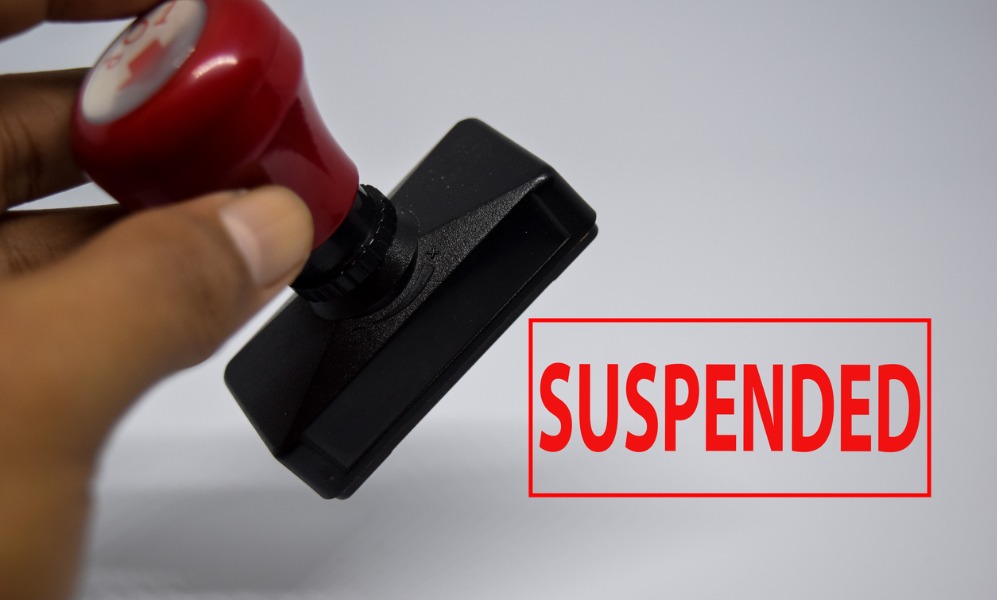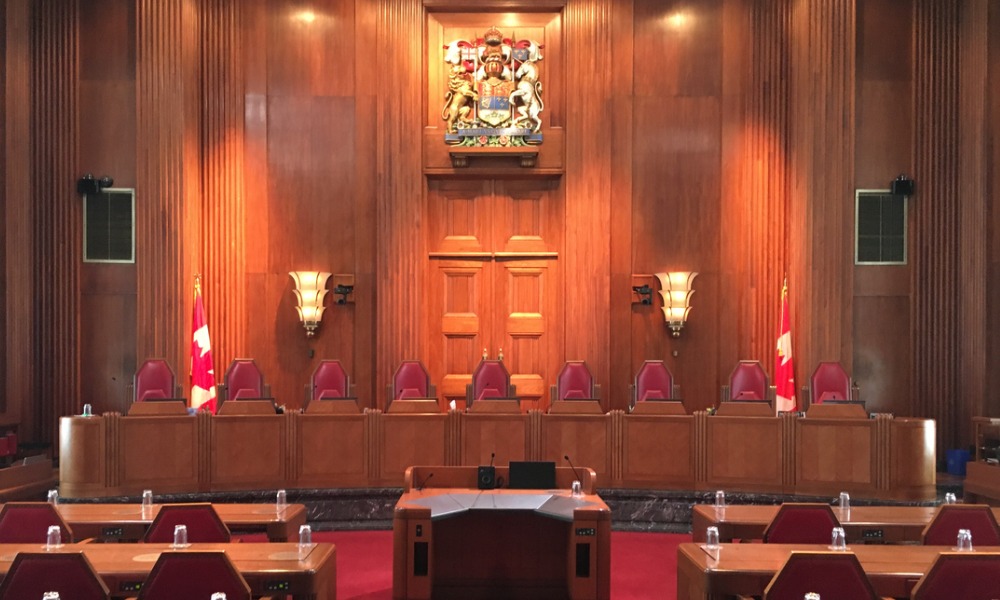Fitness instructor sued her employers after she sustained injuries at work

The Ontario Superior Court of Justice has approved a derivative claim settlement on behalf of a minor in a personal injury lawsuit.
In Atkinson v 1884223 Ontario Limited, 2023 ONSC 4074, Tara Atkinson was a fitness instructor who allegedly sustained injuries due to the instructions given to her by her employers. She sued her employers and made a Family Law Act claim for her minor daughter.
Atkinson has settled her personal claim with her employers. However, she brought the case to the Ontario Superior Court of Justice seeking approval of the settlement concerning her minor daughter’s derivative claims. The court was tasked with determining the fairness and reasonableness of the settlement and evaluating the compliance with r. 7.08.
The derivative claim of Atkinson’s daughter was based on a perceived reduction in care, guidance, and companionship received from her mother following the incident. The court found the settlement fair and reasonable.
The court considered Tara Atkinson had suffered significant injuries to her back, with symptoms affecting her legs and arms, leading to hospitalization and surgery. She then had a car accident where she fractured her leg and another slip and fall incident where she injured herself. However, the court noted that it remains uncertain whether these subsequent injuries contributed to her symptoms.
On the other hand, Atkinson’s daughter, Maya, did not sustain any injuries during the incident. Her claim was primarily based on a “somewhat diminished amount of care, guidance and companionship received from her mother.” At the time of the incident, Maya’s parents were separated with interim joint custody.
The court noted that the family law litigation was “acrimonious,” and ultimately, after Atkinson sustained her work injuries, Maya began living with her father full-time permanently. The court further noted that Maya’s father had commenced proceedings to deprive Atkinson of custody in 2008. Atkinson believed that the father persuaded Maya to live with him. The court ultimately concluded that the loss of guidance, care, and companionship arose mainly from “unfortunate family dynamics.”
The settlement agreement amounted to $100,000, which includes all claims costs and HST. Out of this sum, $5,000 will be paid into court to the credit of Atkinson’s daughter. Atkinson’s lawyer believed that the proposed settlement of $5,000 for the minor’s claim was fair and reasonable because she lived with her father more than her mother for most of the relevant period. Atkinson likewise believed that the $5,000 for her daughter’s claim was fair and reasonable. The court noted that Maya had provided her consent to the settlement.
Most Read
After reviewing the case, the court found all requirements of r. 7.08 to be met, approved the settlement and concluded the judgment accordingly.







